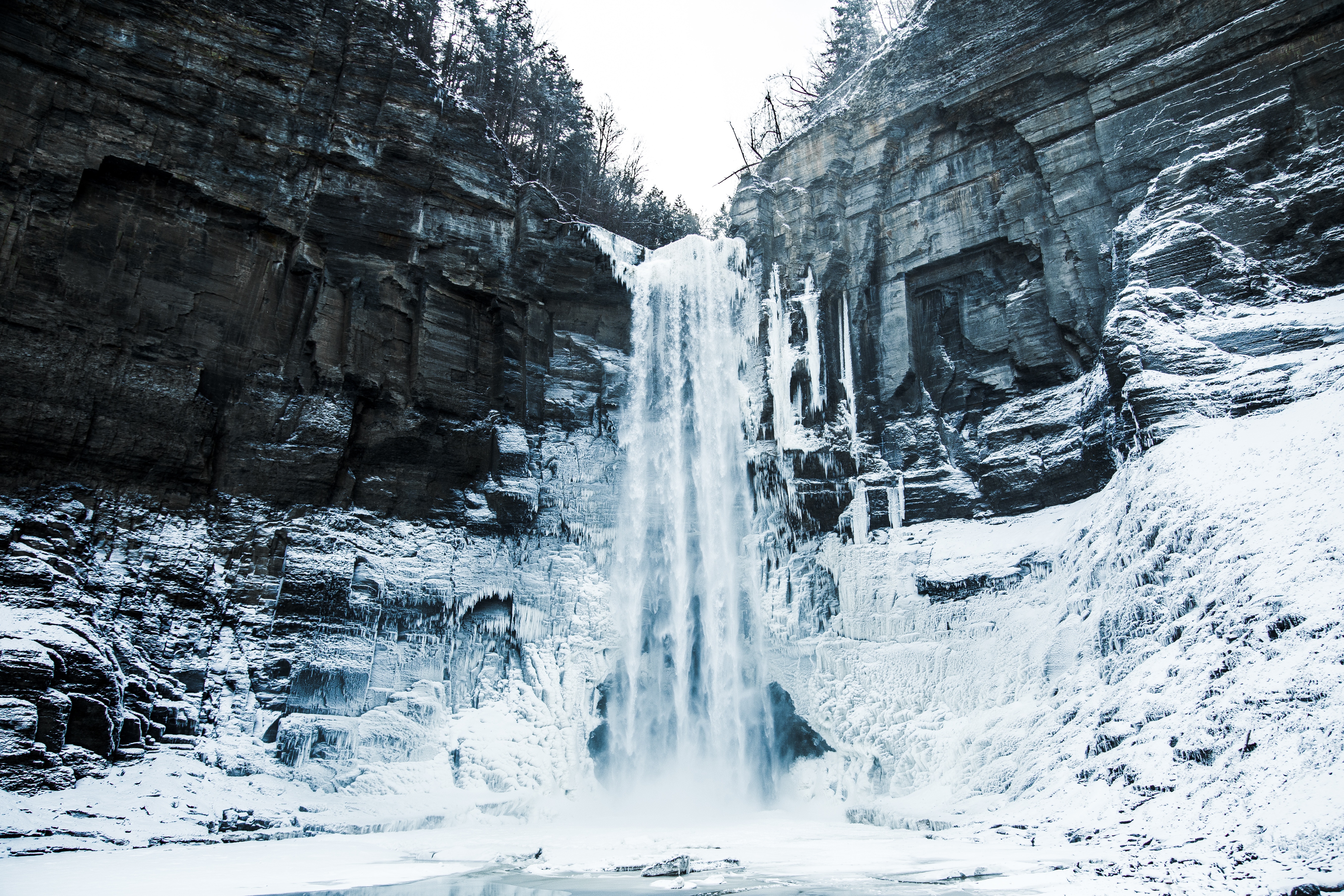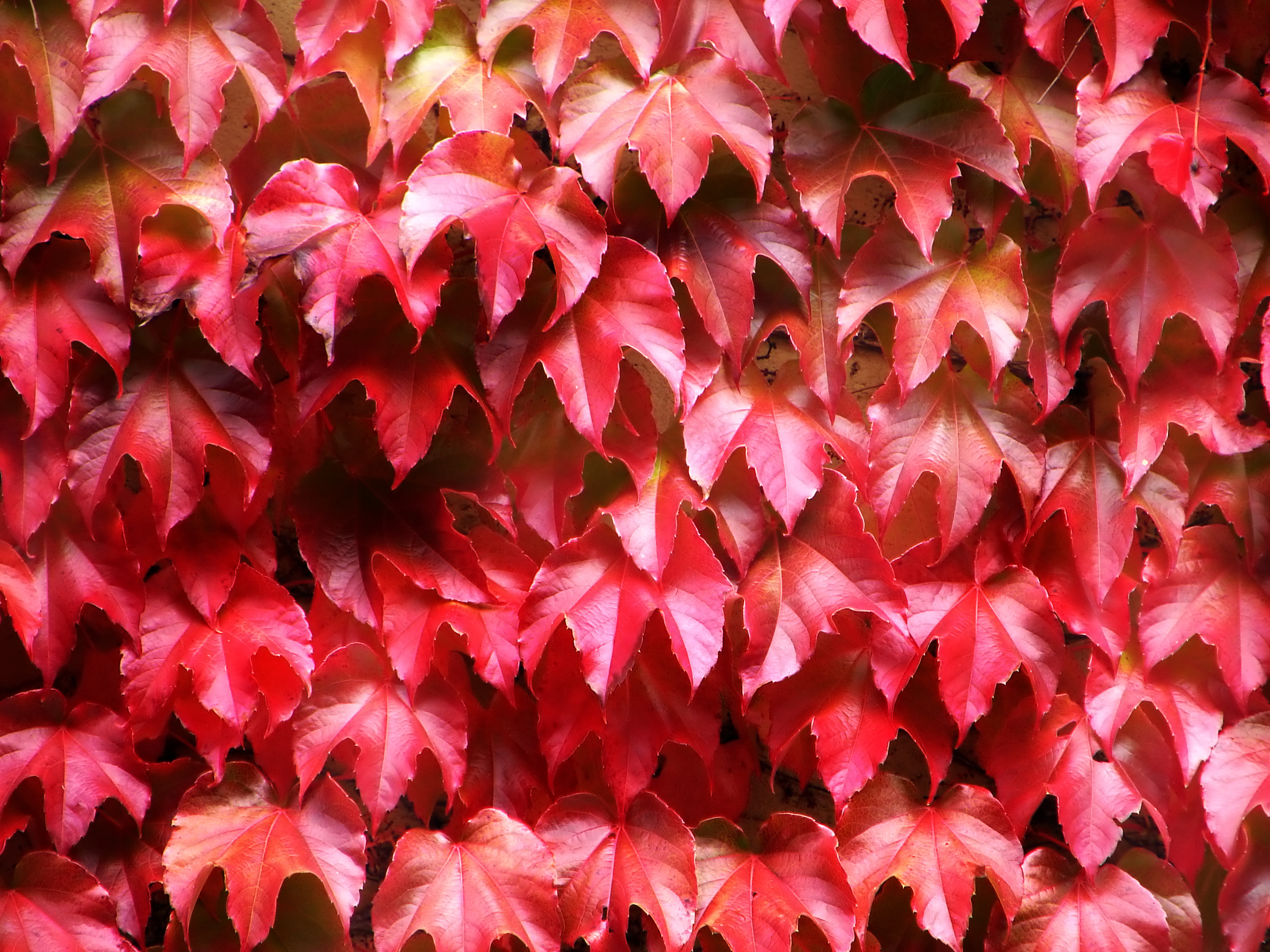
The waves crashed up upon the rocks in a rushing swell. The sea was an open wound bleeding foam, the sky a kind of gunmetal. I was blown along the coastal way by gusts, questioning my choices. Hands soggy, my hat in my eyes, I kept walking along the path and tried to greet the very few dog walkers I met along the way, whose pups galloped, their coats shining with rhinestone beads, the drops of water they had collected from the journey.
“She’s wile fresh!” Jim called to me as we passed. His dog, Buster, an old chocolate Labrador, squinted up at me and shivered. Dewdrops cascaded away in all directions, discarded gems.
“Where are ye for on a day like that?” He asked me as I petted the dog.
“The Glen for a bit,” I said, “Just to get out.”
“Some day for it! Hah, we need our heads examined!” We both laughed.
“I’ll see you round – take care now!” I watched them trot away round the corner, that bend where you can suddenly see the whole bay as the cliffs fall away beneath, and the golf course rears into view.
The bay was choppy and split open by dark rocks. A few gulls coasted along on the rough waters but most were dark shapes wheeling overhead. I walked out to the crags. I stood a long time, my coat pulled as tight round me as it would go. The path was empty; there were no more walkers in sight. All the better, I thought. It was about 3.30pm and the sun was sinking. I stood at the water’s edge and brought out the parcel, wrapped in silver tissue paper. It was heavy and cold. I ran a finger over the mother-of-pearl and thought about opening the clasp, but I knew my instructions. A sigh escaped my body as I held the thing in my hands and gazed out at the waves. Now was the time though. I pushed my arm up high. I hurled the box into the bay as hard as I could. It was caught with two pale hands. It was accepted by the water. A shudder cascaded over my shoulders and I turned swiftly.
Behind me lay the old Glen. I was facing it now, the road empty still. The little river marked the entrance and wound its way through the mass of tangled branches and a thick carpet of mulchy leaves and twigs. Shapes rustled in its folds. The wind caressed it. I walked towards the entrance and became aware, as I did every time, of the voices. I saw them only as patterns, not sounds. They were the sounds the trees made without speaking. They were not the sounds of the wind, or the birds or foraging animals, not the sound of the river burbling, or gulls overhead. Not the crashing of the waves or the barking of dogs or the tread of my feet, or even of my own breath. They had a pattern completely unlike any other I had seen in my mind’s eye. The first time I noticed it was as I had been leaving the Glen. I think I became aware of it because suddenly all the other sounds fell still. I could see no other vivid patterns, or shapes. Only this, a signal, repeated over and over again with variations. To see it written it might look like Hebrew or cuneiform. If I stood very still, and listened closely, I would start to see the pattern emerge. It moved across my field of vision like morse code. It was boxy; formed from an alphabet of white squares with black dots and dashes. Some boxes were broken, some underlined. It was continuous, but never uniform.
Once inside the Glen I followed the voices up through the winding path which twisted and turns as the river does. At the place where the branches completely overhang the path I stopped. I saw the small waterfall churning to my left, and the little bench up ahead. I waited. Presently a shape appeared. It flickered in and out of vision, not like a neon light, or a bathroom bulb, more like fireflies through smoke. A man with wide eyes and skin covered in cloth like bark became manifest, obscured in a kind of haze. He had long hair the colour of hazelnuts and his forehead came to sharp points at the temples. I came towards the bench and sat close to him.
“I found that box under the bench in Jenny Watts,” I said to him. He only nodded and smiled.
“Why are they compelled to return these lost things? How do you make them do it?” I asked him.
“I am an arbiter of balance” he said to me, still smiling. He looked slightly sidewise at me, with eyes like the ivy, emerald, shot through with silver. “Only certain boons can be called back, the things that are made with a set of hands: gifts stolen from broken love affairs, human things. They must come back.” His voice was a song. He turned to face the woods again.
“Why does the sea take them?”
He put a long thin hand up to his face then, as if stroking an imaginary beard. He was mocking me, but kindly. He had been my liaison for several months now and we had grown strangely fond of one another. We had established a confidence, a rhythm of speaking and listening and knowing one another.
“And so, the sea. I would love to see it again. I was once of it.”
With each meeting it seemed I gained a new piece of his story, as valuable to me as the other gift I had received each time we met.
“What happened to make you as you are, not of the sea then?”
He looked at me and became forlorn, a playfulness melted into pathos in his forest eyes.
“The winds changed…you’re part human, I’m sure you can understand that feeling, that experience, of change. It happens with us, with nature, but there is a ritual to it. An inevitability. Cycles within cycles of change, and continuity.”
“Human change is inevitable and diverse too, just like that.” I said.
“So it is,” he said smiling and nodding as if caught out, “so it is.”
I shivered with the cold and shuffled nearer to him. His bark gave off a heat, a kind of glow, a fire without burning. His voice changed as he sniffed the air, he was paying close attention to it, he gave me my instructions.
“An old guitar. Mahogany, Maple, beautiful woods, hand crafted. Left in the bus station, in the female toilets. You’ll find it in the last stall if you wait until the last train arrives from Portadown 6 days from now.”
“Alright,” I said. And I wrote the information down in my little book, the pages bound open and shut with a length of twine and a thick leaf.
“But I can’t give that to the water.” I said. “That doesn’t seem right”.
He smiled, still looking out at the Glen.
“Bring it here. To me. The sea can’t have everything you know. Sometimes, we are rewarded too. Things of wood must come home. Heavy things of metal, the sea takes. Like your modern ships.”
“The sea has always taken ships,” I said, thinking of my grandfather then, and he seemed to feel my mood shift suddenly because he placed a bark-like hand on my knee gently, and said to me the closing words of our own ritual.
“You are the one who loves the sea and woods together, who sees the trees speak. Are you ready to receive your reward?”
I nodded and smiled. We faced the woods. He spoke something in his own language which came out only as patterns which floated away into the air. In those moments I always felt a kinship with him that I could not find elsewhere, among humans. I watched the patterns. I felt that longing that struck me everytime I came to the woods to see them speak, that desire to be there always, to become a part of something finally, and not be a separate thing alone.
I can’t recount what the trees said. Their speech is not narrative. It can only be felt. It is an intuition. It is a gift I can feel upon my skin which crackles when the wind changes. Sometimes I have come to know things no one else knows, because the trees have told me. Their patterns follow me everywhere I walk in the forest of my life, down to where the sea breaks itself upon the land, and heals again with each great thrust.
A heavy dusk had descended on the Glen, as he reached forward to grasp my hand; his was as light and firm as a thundercloud. I saw the woods at once light up as if the Glen had been draped in a diaphanous sheet of starlight.
And the trees sang.






